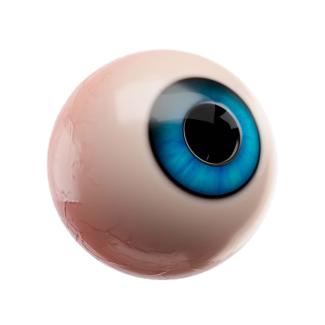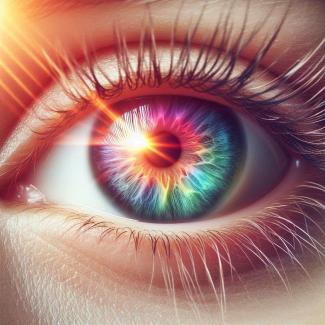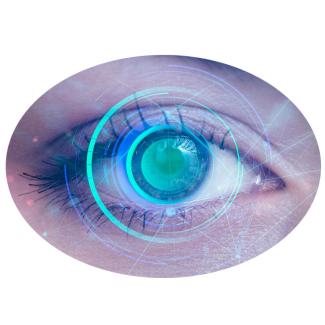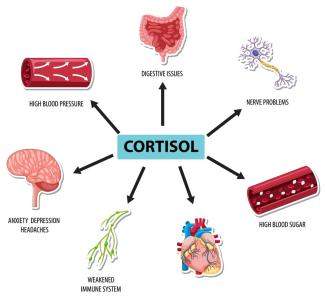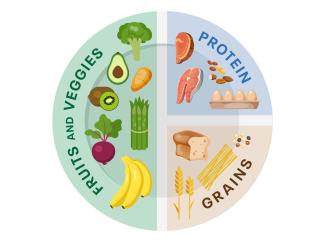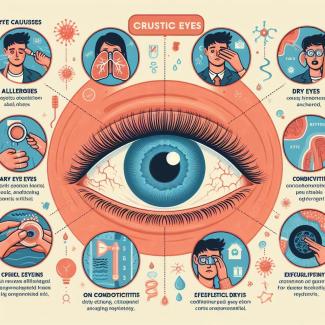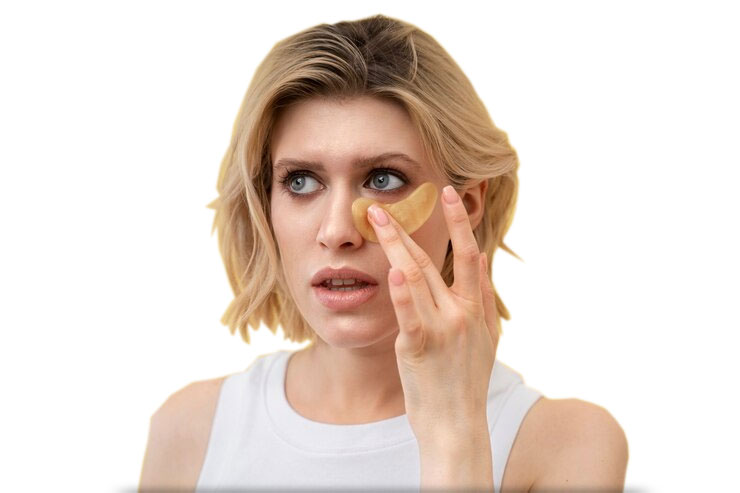
Swollen and puffy face and eyes can occur for various reasons, including fatigue, allergies, excessive salt or fluid intake, lack of sleep, or inflammation. Here are some simple solutions to reduce puffiness and swelling in the face and eyes:
- Cold Compresses:
- Take a cold towel or a cold tea bag, fold it, and place it on the swollen areas of your face and eyes.
- Cold compresses will help constrict blood vessels and reduce puffiness.
- Sleep with an Elevated Head:
- When you sleep, place an extra pillow under your head to elevate it above heart level.
- This can help prevent fluid from pooling in your face and eyes.
- Reduce Salt Intake:
- Excessive salt consumption can lead to fluid retention, which can contribute to puffiness.
- Cut back on salt and consume less salty food.
- Stay Hydrated:
- Adequate hydration can help alleviate puffiness by promoting the removal of excess fluids from your body.
- Use Aloe Vera Gel:
- Aloe vera gel has soothing properties and can help reduce inflammation and swelling in the skin.
- Apply Cucumbers:
- Place chilled cucumber slices on closed eyelids.
- Cucumbers have natural properties that can reduce puffiness and soothe the skin.
- Facial Massage:
- Gently massage your face with circular motions moving from bottom to top.
- This encourages fluid drainage and helps reduce swelling.
- Antihistamines (for allergy-related puffiness):
- If your puffiness is due to an allergic reaction, consult your doctor and follow their guidance.
- Rest:
- Give your eyes and face ample rest, as fatigue can contribute to puffiness.
It's important to note that the effectiveness of these methods depends on the underlying cause of the swelling. If the puffiness persists or worsens, consult your doctor as it may indicate more serious health issues.
The most important vitamins for healthy eyes
Maintaining good eye health is crucial for overall well-being and quality of life. Several vitamins play vital roles in preserving and enhancing vision, each contributing uniquely to the health of the eyes. Here are the most important vitamins for eye health, along with detailed descriptions of their functions and benefits:
1. Vitamin A
Role in Eye Health:
Problems with low cortisol? It causes fatigue and weakness, poor concentration and more...
Low cortisol, a condition known as hypocortisolism or adrenal insufficiency, can lead to a range of symptoms and problems. Cortisol is a steroid hormone produced by the adrenal glands that plays a crucial role in various bodily functions. When cortisol levels are insufficient, it can result in the following issues:
Magnesium: What are the first signs of magnesium deficiency? How do I know if I have a magnesium deficiency?
Magnesium is an essential mineral that plays a crucial role in various bodily functions, including muscle and nerve function, blood glucose control, and bone health. A magnesium deficiency can lead to a range of symptoms and health issues. Here are some of the first signs of magnesium deficiency and the tests that can help diagnose it:
Signs of Magnesium Deficiency:
Things your eyes tell you about the nutrients in your body
Your eyes can provide valuable information about your overall health and nutritional status. While they can't directly measure specific nutrients, certain eye symptoms and changes can be indicative of nutritional deficiencies or health conditions related to nutrient absorption. Here are some things your eyes can tell you about the nutrients in your body:
What Causes Crusty Eyes?
Crusty eyes, also known as "sleep" or "eye discharge," occur when mucus, oil, skin cells, or debris accumulate around the eyes during sleep. This phenomenon is typically harmless and often indicates the body's natural mechanism of clearing away irritants and debris. The crustiness forms when tears and natural lubricants mix with these substances, drying out overnight and creating a thin film around the eyelids and lashes. Factors contributing to crusty eyes include:

